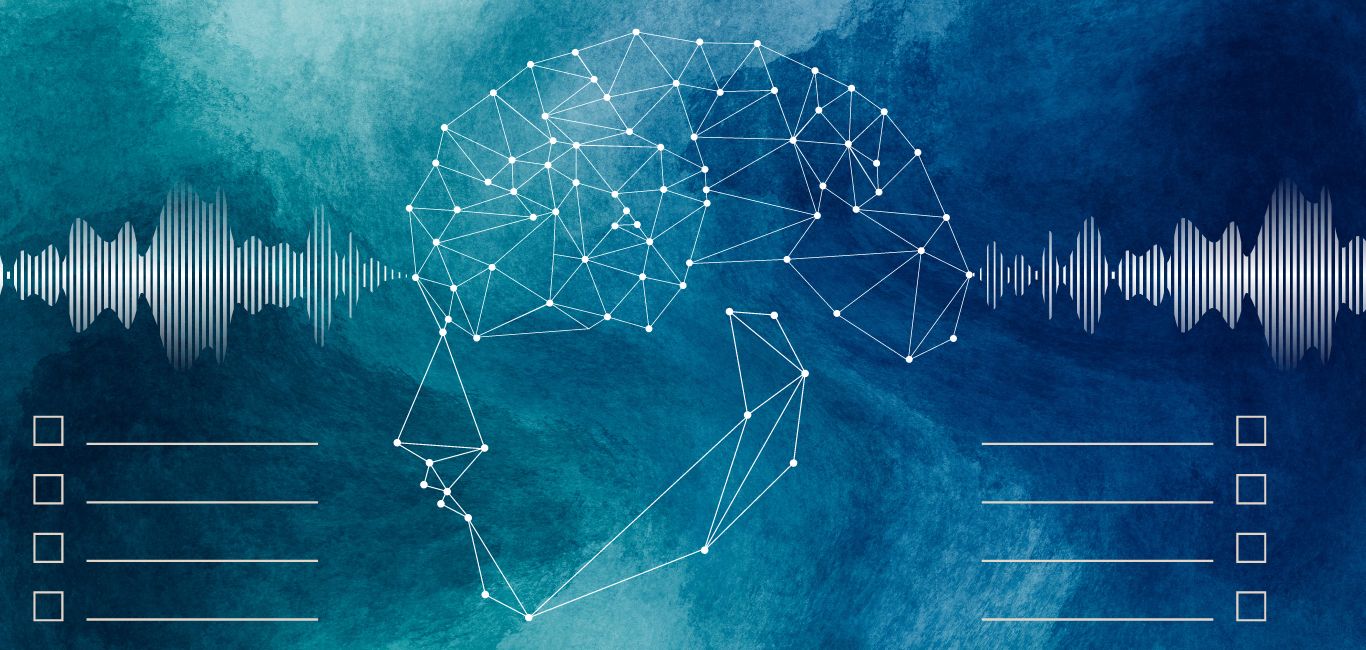
In India, music is one with the people. In the packed halls, it roars with the crowd. Alone in rooms, it whispers to the studious. On the morning roads, it hums through the airwaves. And at night, it sings lullabies to the sleepers.
The Digital Music Study of 2022 tells a simple truth: young Indians, those between 16 and 44, listen. They listen a lot — over 25 hours of music a week.
Depending on the type of music you listen to, the effect on your mind and body appears to vary. One study shows that listening to metal music can prove a healthy way to process anger issues, while another finds that classical music could relieve stress for preterm babies.
For those in pursuit of productivity, the ideal soundtrack lacks lyrics — easy avenues of distraction for the mind — and attracts little attention to itself. Meant to be played in the background, study music — often associated with streamers like the wildly popular LoFi Girl YouTube channel — is a panacea for many seeking music as a muse for concentrated work.
The science behind music backs up a range of benefits: music can reduce anxiety, lower blood pressure, alleviate pain, improve sleep quality, enhance mood, boost mental alertness, and enhance memory (actively learning music in old age can even increase the amount of grey matter in the brain).
When Dan Clark founded Brain.FM, he was not seeking to fill consumer demand; he was just fascinated by the concept of controlling things with the mind. This neuroscience curiosity led his team to explore how embedding amplitude modulation patterns into music could entrain cognitive performance. They set to work on making these sonic brain training rhythms sound nice in addition to enhancing focus, sleep and more by syncing neurons to match encoded sound waves.
The result? Brain.FM, is touted as ‘science you can hear’ by the company, which offers customisable streams of algorithmically generated music designed to help you sleep, focus or relax, depending on your use case. Beyond music, they create sound engineered to interact with the brain, to align with its natural rhythms.
“Our approach is grounded in patented techniques that involve adding amplitude modulations, or specific patterns, into our music. When these patterns are transformed from sound waves into electrical patterns in the brain, they encourage the brain’s functional networks to synchronize with these introduced patterns. This process is closely related to the brainwaves found in different states of consciousness, such as alpha, beta, theta, and delta waves,” explains Clark.
But of all the arts, music can be the most subjective to appreciate. Promises of cognition-boosting music have long followed the genre of “binaural beats”, which uses two slightly different frequencies played at once to trigger neural synchronisation. Listening to binaural beats in addition to autonomous sensory meridian response (ASMR) audioscapes has been found to boost sleep.
Brain.FM makes the effect of its music less subjective by testing all tracks with a control group — one group hears the track without modulation and the other with it. Both electroencephalography (EEG) and functional magnetic resonance imaging (FMRI) scans suggest that Brain.FM’s music boosts focus.
Aligning music with different brainwave patterns can produce powerful results, in a phenomena called “neural phase locking”. As Clark explains, this is where brain neurons sync up their activity in response to stimuli like sound waves. Neural phase locking helps listeners find their “zone” of focus for the activity they’re engaged in.
Also read: The science behind why listening to white noise can boost focus for some
“Our music is engineered not just to be listened to, but to interact with the brain in a way that traditional music doesn’t, leveraging these patterns to enhance cognitive performance,” says Clark.
Music for mental health
In a study funded by a grant from the National Science Foundation (NSF), BrainFM’s heavily-modulated music was found to “improve(s) sustained attention for participants with more ADHD symptoms.”
Users vouch that the streaming service has helped conditions from ADHD to anxiety.
“We’ve received incredibly positive feedback from our listeners, especially those with ADHD, anxiety, and insomnia. Many have reported that Brain.FM has significantly improved their focus, relaxation, and sleep quality,” says Clark.
One user’s experience stands out — a person with ADHD who could not access medication in their country. They found that Brain.FM was the only tool that helped them manage their condition. “This individual not only went on to earn a Law Degree but also became a legal judge,” shares Clark.
A sound future
“The potential of sound to positively impact our cognitive and emotional states is immense. I believe we’ll see more personalised and scientifically validated music therapies that can play a crucial role in holistic health management,” says Clark.
For those looking to biohack their cognition with music, Clark suggests being mindful of how different soundscapes affect you.
“Be mindful of the sound environments you’re in and pay attention to how different types of music or soundscapes affect your mood and cognitive state. Experiment, but do so with a critical eye, looking for options that have a solid research foundation,” he says.

















